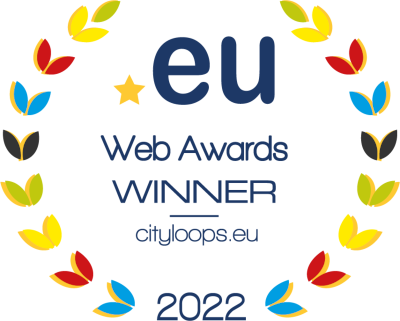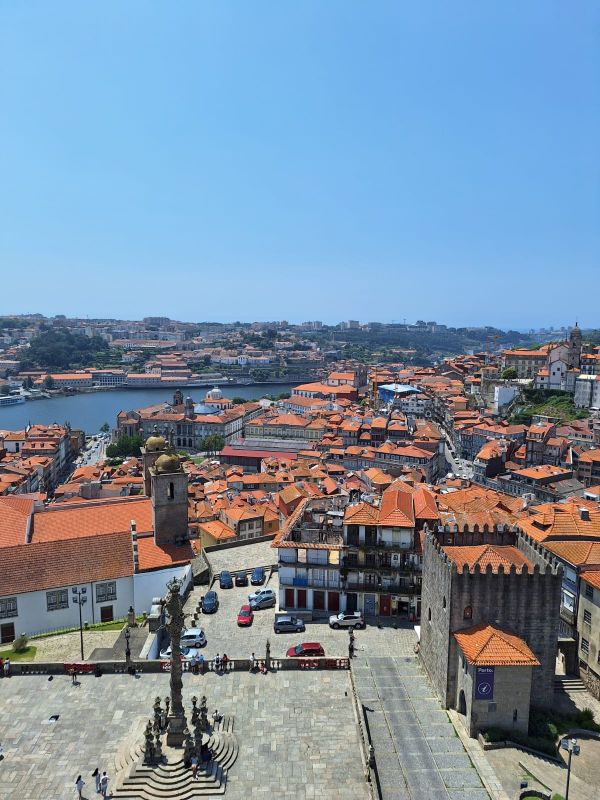News
A successful circular economy affects citizen’s lives - remarks from CityLoops political representatives
29 Jun 2023
When Porto (Portugal) was developing its household biowaste collection campaign in the context of the EU-funded CityLoops project, it was surprised to find that around 97% of the people it approached enthusiastically joined the project. In the words of Vice-Mayor Filipe Araujo, “we went knocking on doors, expecting that most people wouldn’t be interested or know about circularity. But it’s wrong that people don’t pay attention. They just need an opportunity to participate."
Vice-Mayor Araujo spoke in Porto where a number of political representatives from municipalities involved in CityLoops discussed how the project has their circular thinking and policies. The overarching conclusion of this session was that circularity is ultimately about citizen’s lives. As Ignasi Giménez Renom, President of the Consell Comarcal del Vallès Occidental (Spain), put it: “it is important to show, that circularity is possible in the life of citizens. We have to communicate that circularity is intuitive, and that we can incorporate circular practices in our lives."
Within CityLoops, the impact of circularity on citizens has been especially visible in Bodø (Norway). The municipality took a circular approach towards demolishing its old military airport and building a new part of the city in the area cleared. The city used a lot of technological tools, such as digital twins to showcase to its residents how the new area would look. In addition, these digital tools also showed visually the impact of climate change and sea level rise. Håkon Andreas Møller, Group leader for the Green Party in Bodø city council, argues that such visualisations “allow us to get more concrete idea of what climate change means, trigger action and speed up transitions”.
Creating “green” jobs can be part of strategies to make the circular economy more concrete, as “green jobs are safe jobs”. They are based on renewable resources and as such long-lasting. This is something that is also the focus of Espoo (Finland). Henna Partanen, 1st vice person of the City Board, reminds that “Circularity and resource efficiency have long been the way to operate in Espoo, there are still plenty of processes in the city that rely on a linear economy. Promoting circular economy needs more knowledge building, We also need to raise awareness of circular practices across our administration and amongst local citizens and businesses, recognising that the transition to circular economy will also create new business and jobs in Espoo.”
Turan Akbulut, chairman of the municipal committee of environment and planning, shared a similar view, based on Høje-Taastrup’s (Denmark) experiences in CityLoops. The project propelled and expanded the municipality’s circular initiatives in part because it took a more coordinating role in making sure circular initiatives happen. “Ensuring that everyone was on board and everyone’s interests were being met made it clear that there are also many possibilities, legislatively, to support circular economy from many different angles.”
All news


